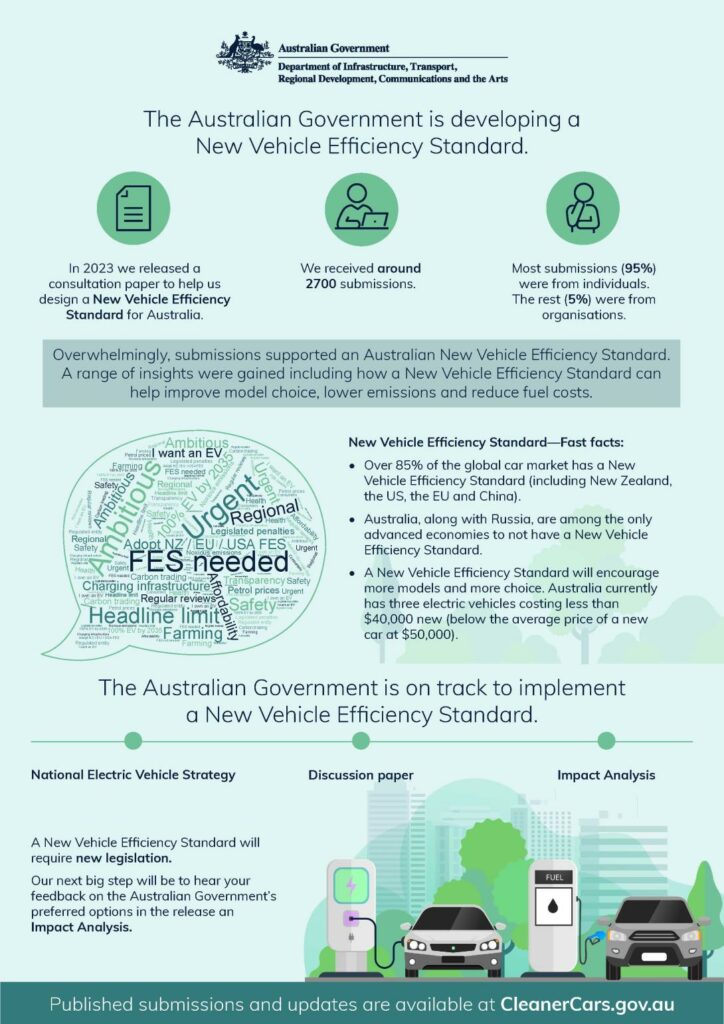The government’s refusal to release modelling showing potential car price increases under its proposed emissions changes has sparked concern and criticism. Despite warnings from carmakers, industry experts, and the federal opposition about potential cost hikes for motorists, the Albanese government has stated that disclosing the modelling would not be in the public interest.
Energy Minister Chris Bowen and Infrastructure Minister Catherine King have insisted that the New Vehicle Efficiency Standard (NVES) would not impact price or availability. However, Tony Weber, CEO of the Federal Chamber of Automotive Industries (FCAI), has questioned this stance, particularly in light of estimates suggesting significant price increases for popular car models, including the Ford Ranger and Toyota Land Cruiser.

Under the proposed emissions standards, car manufacturers face penalties if the average emissions of all new vehicles they sell exceed a specified cap. This could lead to manufacturers either selling more zero and low emissions models or reducing the availability of popular ute and SUV models to avoid fines.
Figures compiled by the FCAI indicate potential penalties for top-selling cars, with estimates suggesting substantial cost increases. For example, the Ford Ranger, Australia’s top-selling car last year, could incur penalties of $6,150 under the proposed 2025 CO2 target. By 2029, this penalty could rise to $17,950. Similarly, the Toyota LandCruiser, ranked seventh in sales last year, could face penalties of up to $13,250, escalating to $25,050 by 2029.

Despite assurances from the government that the emissions changes would not impact car prices, industry experts have raised questions about the feasibility and affordability of low-emission variants, particularly in comparison to traditional internal combustion vehicles. Concerns have also been raised about the practicality of transitioning to electric vehicles (EVs), given potential cost increases and decreased capabilities, especially in the ute market.
As the consultation period for the proposed NVES continues, stakeholders are encouraged to voice their opinions and concerns regarding the potential impact on car prices and consumer choice. With the automotive industry awaiting further clarity on the future of emissions regulations, the debate over emissions changes and their implications for Australian motorists is far from over.

